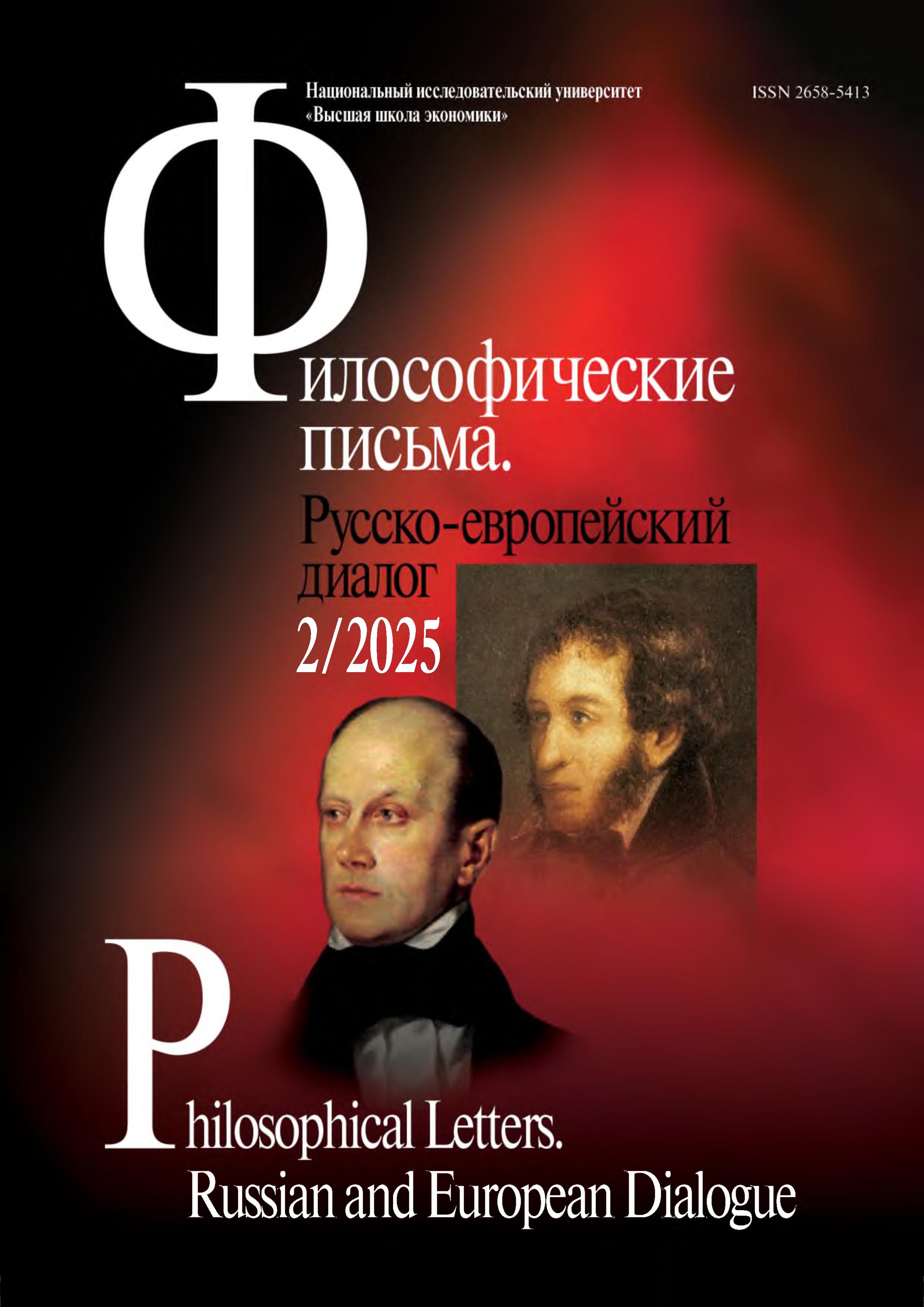«Страна, граничащая с Богом»: Значение поездок в Россию в творчестве Рильке
Аннотация
Будучи очень молодым, Рильке покинул Прагу и переехал в Мюнхен, где в 1897 году встретил Лу Саломе, русскую иммигрантку. Она помогла молодому поэту открыть для себя русское культурное и духовное наследие, разжигая страсть к великой стране на востоке Европы. В апреле 1899 года Рильке отправился в первую поездку в Россию, где встретил Толстого, Леонида Пастернака, скульптора Павла Трубецкого. Он почувствовал себя навсегда изменившимся под впечатлением от русской пасхальной ночи на Красной площади в Москве. В последних письмах он пишет, что нашел свою родину в России, что наконец-то чувствует себя как дома. По возвращении в Германию он написал эссе «Русское искусство», начал писать «Stunden-Buch» — поэму о духовном опыте монаха-иконописца, интенсивно изучал русский язык и литературу. В 1900 году он во второй раз поехал в Россию, признанную теперь его настоящей родиной. Третьего путешествия не последует, но Россия реальная, литературная и воображаемая навсегда останется в творчестве и личности Рильке. В этой статье я стремлюсь проанализировать влияние русских путешествий на произведения Рильке, уделив особое внимание тому, как эти путешествия повлияли на формирование его личности и на способ понимания самого себя, своего творчества и поэтического призвания — аспект, упускаемый из виду в литературе, посвященной этой теме.

